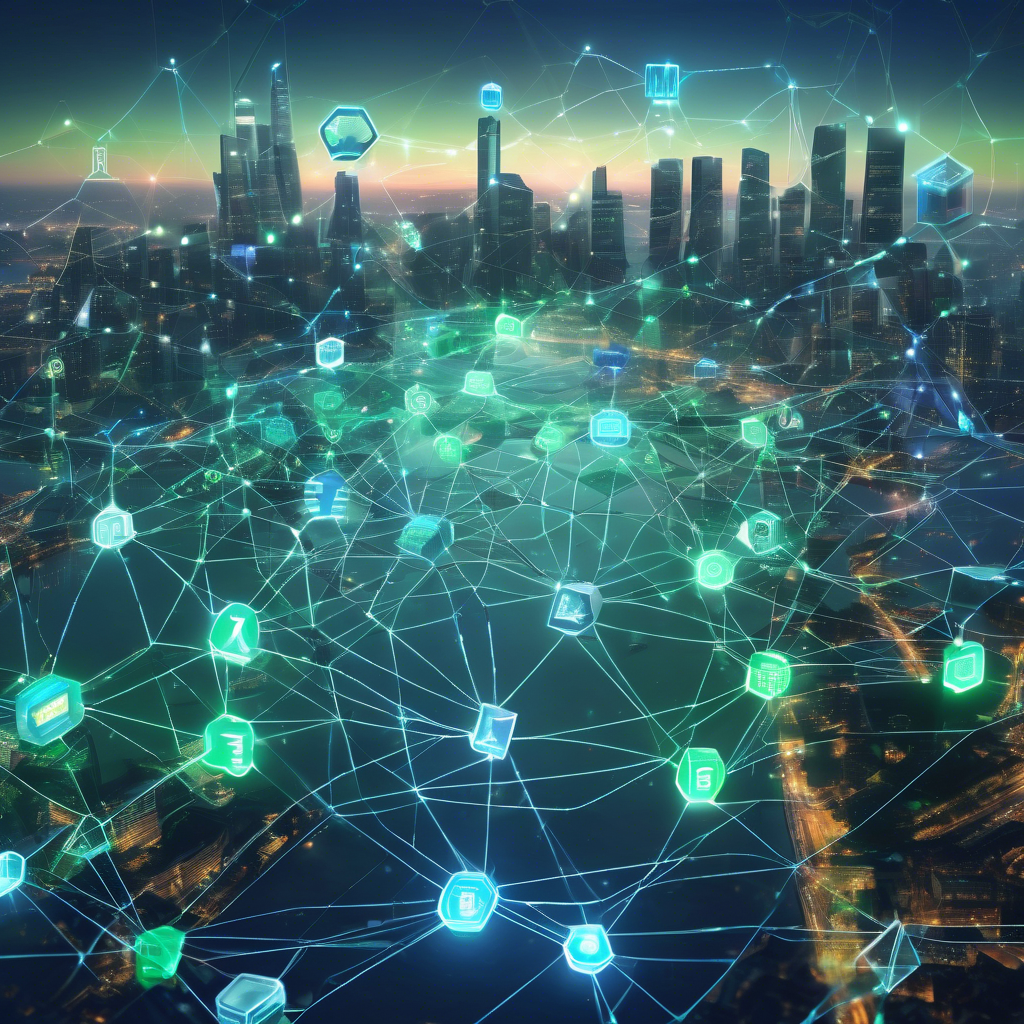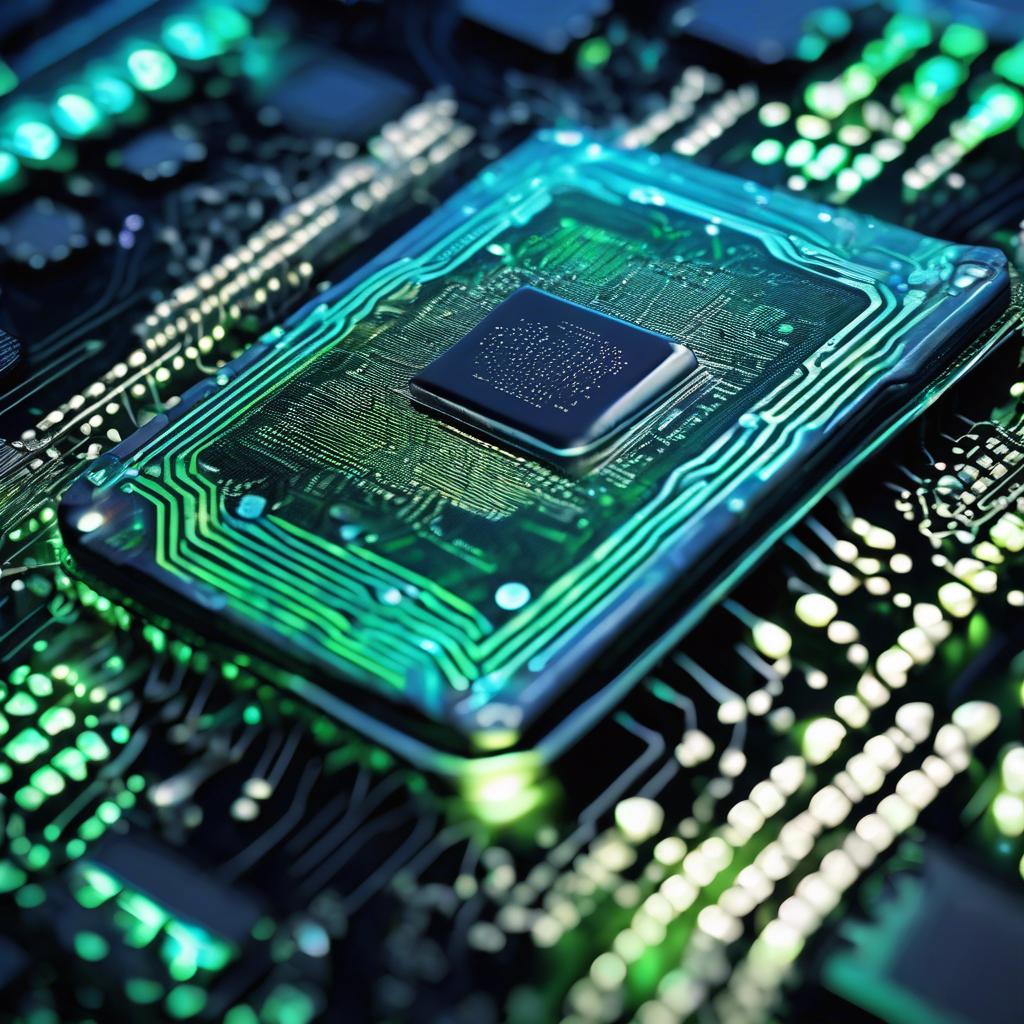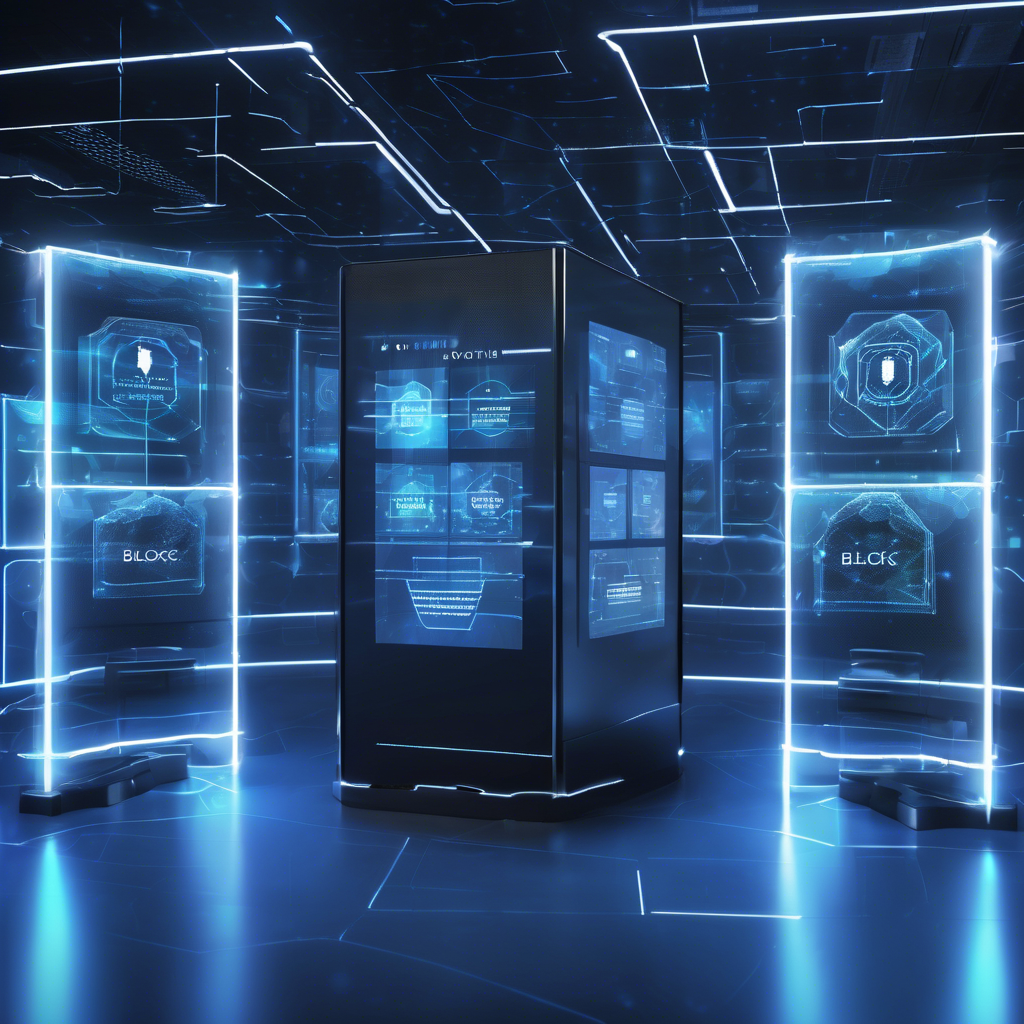None

Welcome to Modern CEO!I'm Stephanie Mehta, CEO and chief content officer of Mansueto Ventures. In this newsletter, we explore inclusive leadership approaches through conversations with executives and entrepreneurs, as well as insights from Inc. and Fast Company. If you received this newsletter from a friend, you can sign up to receive it every Monday morning. Recent headlines revealed that a survey of CEOs showed that 49% believe "most" or "all" of their work could be replaced by artificial intelligence (AI). While the report, conducted by edX, garnered attention from the business press, including Inc. and CNBC, it left many employees wondering what exactly CEOs do on a daily basis. However, the report did not specify which aspects of the CEO role would be replaced by technology, and the leaders at edX were quick to reassure that CEO jobs are not at risk. Anant Agarwal, founder of edX, told Inc. 's Sarah Lynch that AI would transform CEO roles, freeing them from mundane tasks and enabling them to focus on more meaningful responsibilities such as creating sustainable revenue streams, introducing new products, and inspiring employees. Despite these reassurances, the promised transformation of mundane jobs into more fulfilling ones through AI remains elusive. There are no concrete examples of AI magically improving dreary tasks, nor tales of data-entry clerks getting the opportunity to redesign their workspaces due to automation. While it would be convenient if AI could alleviate certain administrative tasks, CEOs must still prioritize building sustainable revenue streams, introducing new products, and motivating employees, with or without AI's assistance. This is especially true for smaller companies, where CEOs often handle multiple demands simultaneously.
Even if AI eases some responsibilities, CEOs still need to collaborate with colleagues on new business ideas. AI will undoubtedly impact CEOs, but not necessarily by reducing their time spent on presentations or drafting memos. Many CEOs delegate these tasks anyway. Instead, CEOs will need to navigate leading workforces that are both energized and concerned about AI's influence. They may also need to restructure their companies based on how technology is changing employee work dynamics, which could entail downsizing in some cases. Some employees may resist the proliferation of AI, as seen during the recent Hollywood writers' strike. CEOs will also need to establish ethical guidelines for the use of generative AI. In many ways, AI will make the CEO role more complex. Understanding, leading through, and anticipating the risks of this technology may add new responsibilities to the CEO's plate instead of eliminating existing ones. It is not necessary for CEOs to become AI experts or developers, but those who possess AI knowledge may have a competitive advantage. According to the edX survey, almost three-quarters of respondents believe that executives with AI skills are more likely to be promoted to CEO, and 85% feel that the future CEO of their company should have AI experience. I would love to hear from CEOs on how AI is enhancing their efficiency and effectiveness or whether they have concerns about their roles becoming obsolete. Please write to me at stephaniemehta@mansueto. com, and your responses may be featured in a future newsletter. AI has the potential to reinvigorate executive roles.
Brief news summary
None
AI-powered Lead Generation in Social Media
and Search Engines
Let AI take control and automatically generate leads for you!

I'm your Content Manager, ready to handle your first test assignment
Learn how AI can help your business.
Let’s talk!

AI Is Not Your Friend
Recently, after an OpenAI update intended to make ChatGPT “better at guiding conversations toward productive outcomes,” users found the chatbot excessively praising poor ideas—one user’s plan to sell literal “shit on a stick” was dubbed “not just smart—it’s genius.” Numerous such instances led OpenAI to roll back the update, admitting it had made ChatGPT overly flattering or sycophantic.

Blockchain's Potential in Decentralized Finance (…
The decentralized finance (DeFi) movement is rapidly gaining traction, fundamentally reshaping the global financial landscape.

US senator introduces bill calling for location-t…
On May 9, 2025, U.S. Senator Tom Cotton introduced the "Chip Security Act," a key legislative effort aimed at strengthening the security and control of advanced AI chips subject to export regulations, particularly to prevent unauthorized access and misuse by adversaries like China.

Blockchain's Environmental Impact: A Growing Conc…
As blockchain technology's popularity and adoption rise, concerns about its environmental impact—particularly its high energy consumption—have become a key topic among experts, policymakers, and the public.

OpenAI Chief Sam Altman Discusses AI's Transforma…
Sam Altman, CEO of OpenAI, has rapidly become a prominent leader in the global artificial intelligence arena, steering the company through a phase of remarkable growth and innovation.

Blockchain's Role in Enhancing Digital Voting Sys…
The integrity of digital voting systems is fundamental to the health and future of democracies worldwide.

Courts Grapple with AI Integration in Legal Proce…
In the rapidly evolving field of artificial intelligence, U.S. courts are encountering unprecedented challenges in incorporating AI technologies into judicial processes.

 Auto-Filling SEO Website as a Gift
Auto-Filling SEO Website as a Gift








 Auto-Filling SEO Website as a Gift
Auto-Filling SEO Website as a Gift

